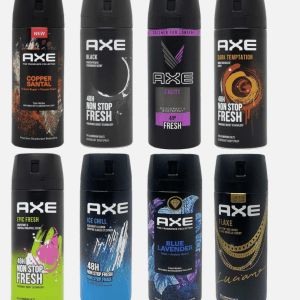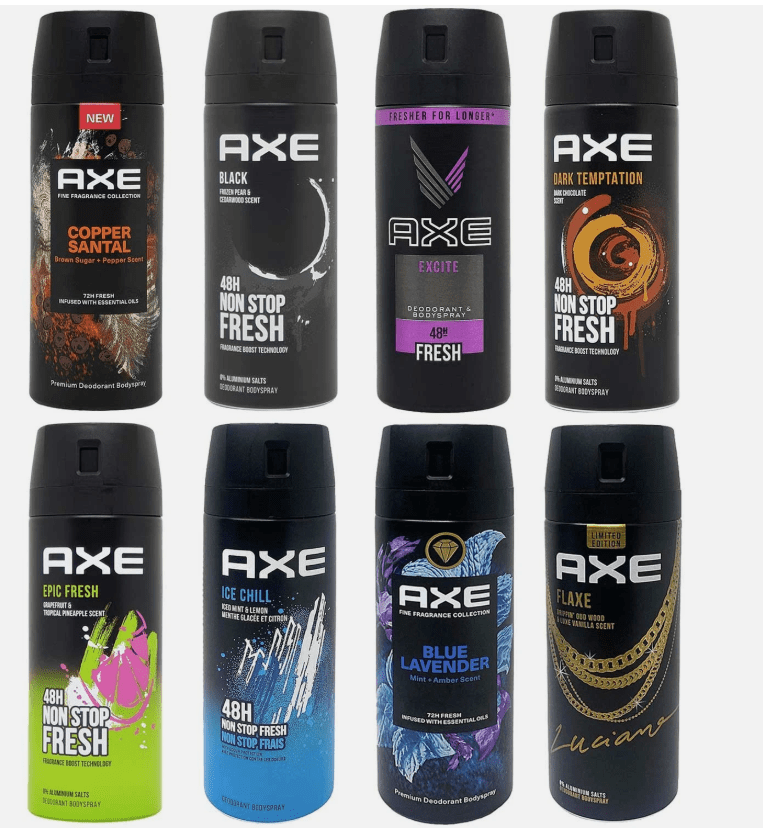The interest of young Greeks in the sea is now a given and is reflected in recent years in relevant surveys carried out by public and non-public bodies. At the same time, the interest of the new generation is also reflected in the desire of many students to study at the country’s Merchant Navy Academies and in the relatively high-ranking, due to increased demand, import bases. In view of the growing desire of young people to pursue a career in the maritime professions, the Isalos.net1 training initiative continues its annual survey on the profile of young people choosing the maritime professions. The research “I choose Shipping: Young people in Maritime Education” was published in the prestigious maritime magazine “Nautical Chronicles” in April 2022, presenting data and findings concerning promising seafarers at the Nautical Academies of the country. The research was carried out by Dr Elias G. Bissias and Manos Haritos for Isalos.net.
The study recorded the preference of first-years regarding the type of ship to be recruited and the factors that influenced their choice to pursue a subsequent career in shipping.
Conclusions are based on the answers given by first-year students of the country’s Naval Academies in a relevant questionnaire. The total participation amounted to 960 responses and the final sample, after clearing the incomplete or deliberately incomplete questionnaires, amounted to 873 responses.
Desire to be recruited
Students’ desire to be recruited is clearly greater in the case of tankers and liquefied petroleum gas carriers. More specifically, over half of first-years (51%) have a strong desire to be recruited liquefied petroleum gas (LPG) carriers, while almost one third (32%) have a strong desire to be recruited by tankers. The corresponding figures in the 2020 survey were 46% for LPG carriers and 39% for tankers. As for 2021, these percentages were 43% for LPG carriers and 33% for tankers. Thus, over the years, students show a growing interest in being recruited to liquefied petroleum gas carriers.
For the remaining types of ships, in this year’s survey, only 13% of the sampled first-year students have a strong desire to be recruited by containerships (16% in 2021 and 13% in 2020), 14% to bulk carriers (20% in 2021 and 16% in 2020) and 20% to passenger/cruise ships (25% in 2021 and 25% in 2020). Thus, the desire of first-year students to be recruited by containerships, bulk carriers and passenger ships decreases over the years. Despite the buoyant economic activity in bulkers and especially in containerships, young students do not seem to be tempted. The crisis in the cruise market, because of bans due to the pandemic, probably led to the shrinking of young people’s interest.
The desire to be recruited is significantly altered by gender. Almost three out of four male first-year students (73%) want or really want to be recruited by liquefied petroleum gas carriers. At the same time 66% of men really want to be recruited by tankers. In contrast, more than half (54%) of the students surveyed do not want “at all” or want “very little” to be recruited by passenger ships. Although first-year students are also particularly interested in LPG carriers and tankers (59% and 61% want “a lot” or “very much” to be recruited by such ships respectively), one in two (50%) wants “a lot” or “very much” to be recruited by passenger/cruise ships. At the same time, however, 36% of the women involved do not want “at all” or “want a little” to be recruited by passenger ships.
The wish to be recruited also varies depending on whether the parents of the first-year students are working in the shipping industry. In particular, the desire to be recruited liquefied petroleum gas (LPG) carriers becomes even more intense: three out of four (75%) wish “a lot” or “very much” to be recruited by LPG carriers.
There is also an increased desire to be recruited by tankers: 69% of the first-year students who participated in the survey and their parents are employed in the shipping industry want “a lot” or “very much” to be recruited by tankers. On the other hand, when parents are employed in shipping, the interest in signing up for containerships, bulk carriers and passenger ships is reduced: 47% of first-year students whose parents work in the shipping industry do not want “at all” or want “a little” to be recruited by containerships. The corresponding percentage for bulk carriers is 38% and for passenger/cruise ships is 50%.
A career in shipping
The first-year students who participated in the survey replied that the most important factor in their choice to pursue a career in shipping was the promising professional rehabilitation. Only 5% of them replied that it did not affect them “at all” or it affected them “little,” while 83% replied that it affected them “a lot” or “very much.”
The first-year students singled out “economic reasons” and “love/interest for the sea” as an important factor. Sixty-four percent and 69% of first-years responded that these two factors affected them “a lot” or “very much” in their choice respectively.
















![Ελαιόλαδο: Σε φάση προσαρμογής η παγκόσμια αγορά [πίνακας]](https://www.ot.gr/wp-content/uploads/2025/09/elaiolado.olive-oil-83255-1.jpg)























